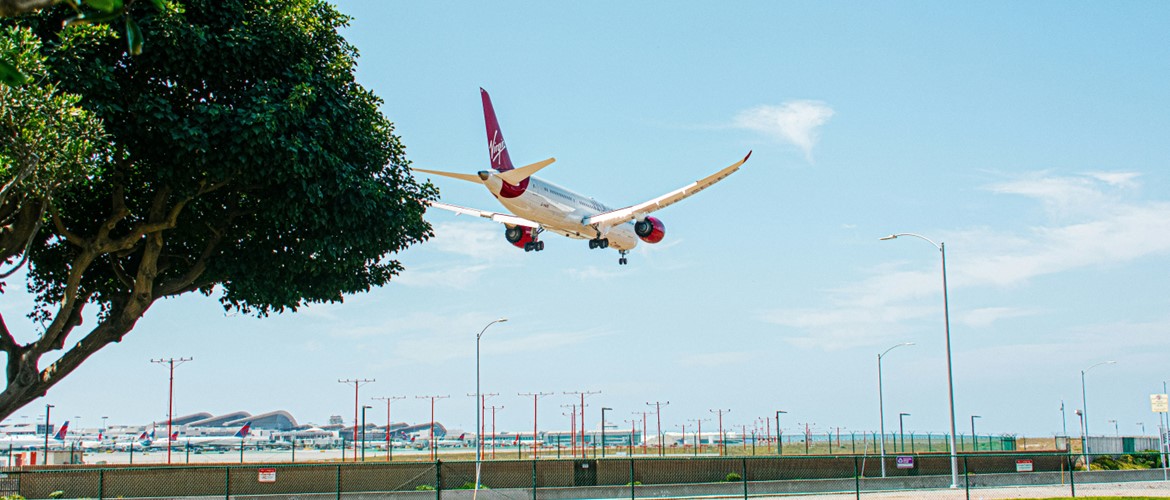Course Overview
Did you know that aviation accounts for approximately 2-3% of global greenhouse gas emissions, with projections indicating this figure could triple by 2050 if left unchecked? However amidst the challenges lies an incredible opportunity for transformation.
Embark on a journey towards the future of aviation with our exhilarating Sustainable Aviation degree. In this new programme, we're not just imagining a world where aviation is sustainable - we're actively shaping it.
Picture yourself delving into the realms of aerospace engineering with a laser focus on sustainable aviation design and manufacturing. From mastering the intricacies of advanced propulsion to unraveling the secrets of next-generation, net-zero aircraft technologies, this degree is your passport to becoming a pioneer in the skies of tomorrow.
Other topics that you'll study include aerodynamics, airframe structures, flight dynamics, and control. You'll dive into the fascinating world of composite materials and emerge armed with the knowledge to revolutionize aircraft construction.
Our curriculum isn't just about theory - it's about action. Get ready to roll up your sleeves and tackle real-world challenges in a group design project that could see you rubbing shoulders with industry giants. You'll also have the opportunity to work on an individual research project, guided by a unique introductory module that sets the stage for groundbreaking discoveries.
The degree doesn't just stop at sustainable aviation - it embraces the concepts of circular economy and sustainable engineering, ensuring you're equipped to tackle the challenges of tomorrow from every angle.
So, if you're ready to make a tangible difference in the world of aviation, join us on this exhilarating journey towards sustainability and innovation. The sky's not the limit - it's just the beginning!





